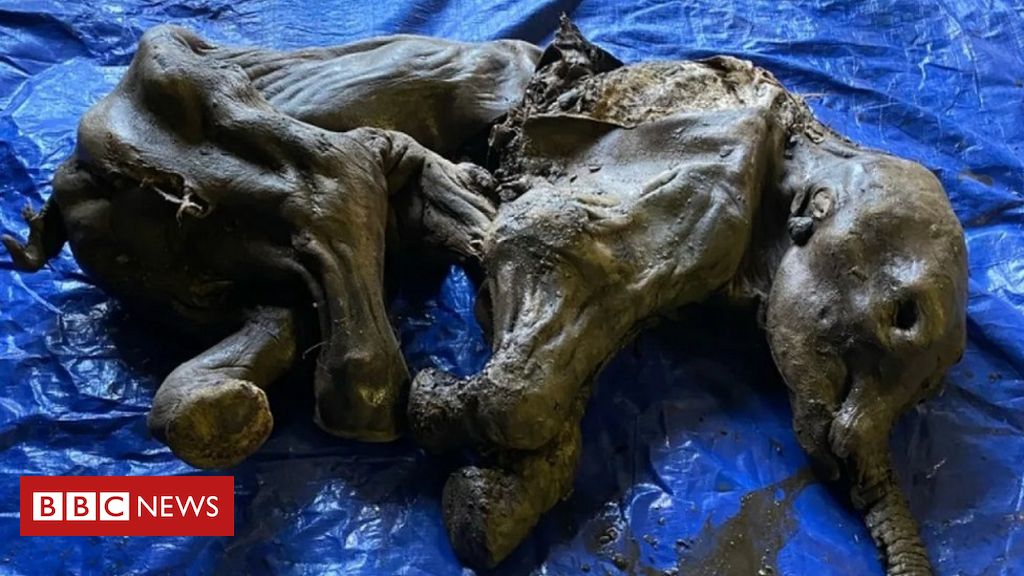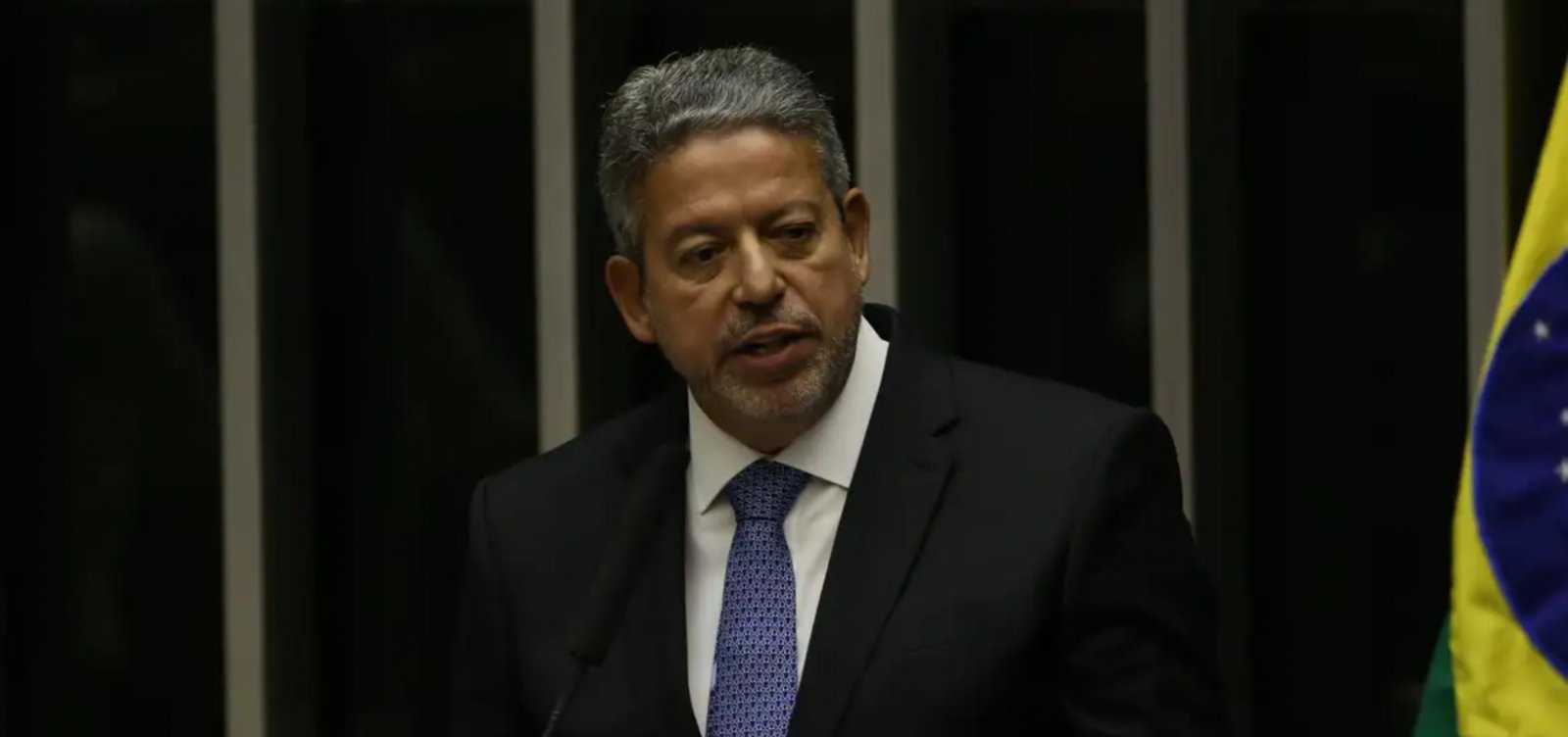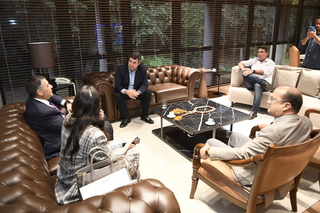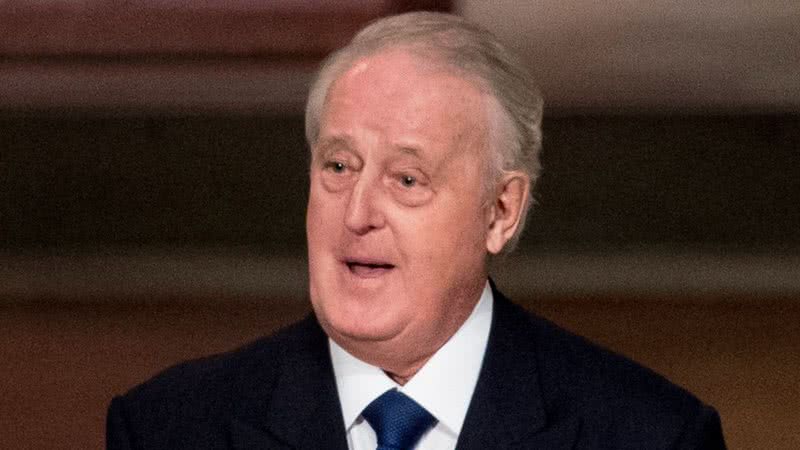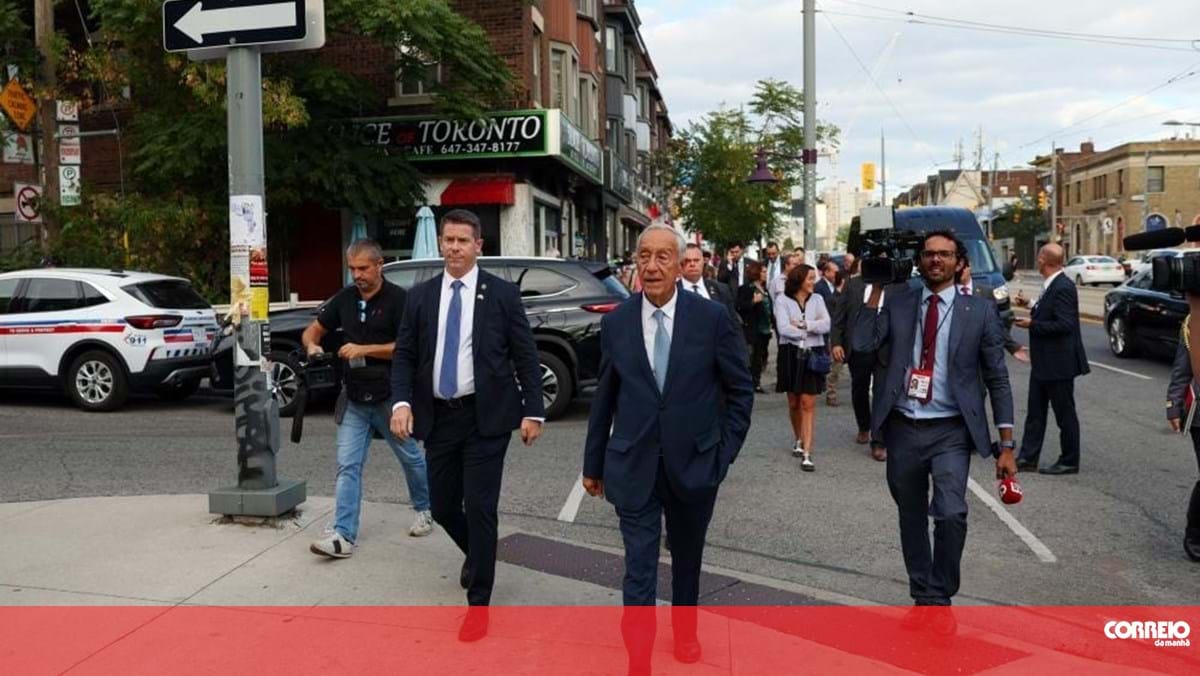The former president said economic sanctions, such as those against Moscow, only produce “hunger and misery” and do not work to force regime change. He also pointed to the alliance between “neoliberalism and neofascism” under Bolsonaro Former president Dilma Rousseff said this Saturday (23/04) that she opposes any policy of intervention based on economic sanctions, such as those implemented by some countries in the West. against Russia since the invasion of Ukraine.
For Dilma, the imposition of such sanctions only results in “death, starvation and misery” and is ineffective at forcing regime change in the affected countries. He cited the examples of Cuba, under a 60-year American embargo, and Venezuela, which has been sanctioned by the United States since 2017.
The former president made the remarks at the Brazil Summit Europe, a seminar in Berlin organized by Brazilian students from the Hertie School. He participated remotely. Also participating in the event were ministers from the Federal Supreme Court Luís Roberto Barroso and Cármen Lúcia, as well as Brazilian and German policymakers and professors.
“For us, we oppose any policy of economic intervention based on sanctions, not least because such policies only result in death, hunger and misery. We have two dire examples, the 60-year systematic sanctions imposed on Cuba and the recent sanctions. sanctions against Venezuela during the pandemic, which caused damage to the populations of those countries and did not change their regimes,” Dilma said.
The former president went on to say that Russia’s invasion of Ukraine and the sanctions resulting from the war would “reshape the world economy” and promote greater regionalization of production chains, as the International Monetary Fund and some experts had predicted, in a phenomenon known as “deglobalization”.
“Russia’s invasion of Ukraine undoubtedly had economic and social consequences for all countries in a globalized world, even if globalization has weakened since at least the 2008 crisis. Sanctions are part of war, in another way. And these sanctions have the potential to reshape the world economy, bringing global supply chains within countries or closer to individual regions,” the former president said.
Dilma’s assessment of the application of economic sanctions is similar to that of former foreign minister Celso Amorim, who headed the Ministry of Foreign Affairs in Luiz Inácio Lula da Silva’s two governments. In an interview with DW Brasil this week, Amorim said that the sanctions imposed by the West on Russia were “catastrophic” and that such actions caused deteriorating social indicators and deaths in the affected countries, in addition to impacting the world economy as a whole. .
Western countries such as EU member states, Britain, the United States and Canada have imposed sanctions on an unprecedented scale against Moscow, aiming to pressure Russian President Vladimir Putin to stop the war in Ukraine.
The sanctions include the withdrawal of Russian banks from Swift’s banking communications network, freezing of some of Russia’s central bank reserves held abroad, restrictions on business activity in Russia and plans to gradually cut imports of Russian energy sources. On Monday, Moscow Mayor Sergei Sobianin estimated that about 200,000 people were at risk of losing their jobs in the city due to the decision of foreign companies to suspend operations or leave Russia.
Alliance between “neoliberalism and neofascism”
Dilma also stated that the election of Jair Bolsonaro, his maintenance in office and his re-election campaign would be the result of an alliance between “neoliberalism”, which had lost ground in Brazil and Latin America in the 2000s and first half of the 2010s. , with “neo-fascism”.
As he put it, the former president said that his impeachment, which took place in 2016, was a “coup to serve neoliberals” and “continues Brazil’s ultra-conservative project”, which, he argues, is taking advantage of Brazil’s unresolved slavery legacy to expand exploitation of the poorest people, mostly black or brown. And he cited increased unemployment, precarious work and food insecurity as a result of this turnaround.
“Neoliberal policies, along with neo-fascism, are largely responsible for the current humanitarian catastrophe in Brazil,” said Dilma. According to him, the same alliance between the two powers will occur in this election year. “Neoliberalism has no moderation chip, and is aligned with authoritarianism. Defeat in opinion polls and defense of military dictatorships have always led Bolsonaro to question election results and seek military intervention in the latter case. “, stated.
Dilma, who was not part of the formulation of the campaign for former president Luiz Inácio Lula da Silva, this year’s nominee for Planalto, said that a change in the direction of the country depends on restoring the state’s capacity “to act and maintain the quality of public services and prioritize the needs of the majority of the population, especially the people.” the poorest”.
To this end, he advocates strengthening the government’s collection capacity, with greater taxation of financial capital and digital platforms, implementation of tax progressivity and priority of direct taxes over indirect taxes.

“Geek zombie. Subtly charming social media scholar. Beer enthusiast. Lifelong bacon pioneer.”

